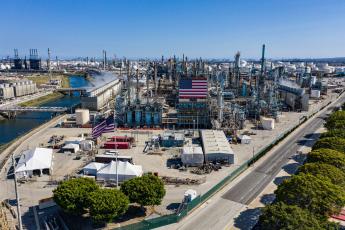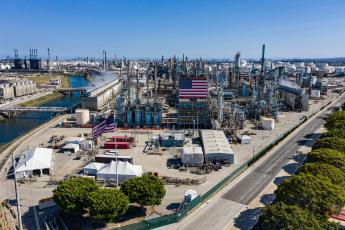Refiners Praise USTR Ambassador Tai’s Move to Address Mexico’s Energy Policies
AFPM President and CEO Chet Thompson issued the following statement: "AFPM applauds the United States Trade Representative (USTR) for elevating this important matter. Mexico’s policies toward American energy companies need to be addressed in the spirit of the United States-Mexico-Canada trade agreement (USMCA). American refiners have made significant investments in Mexico-based operations, jobs and infrastructure and we want our trade relationships with Mexico to remain healthy and mutually beneficial.”








